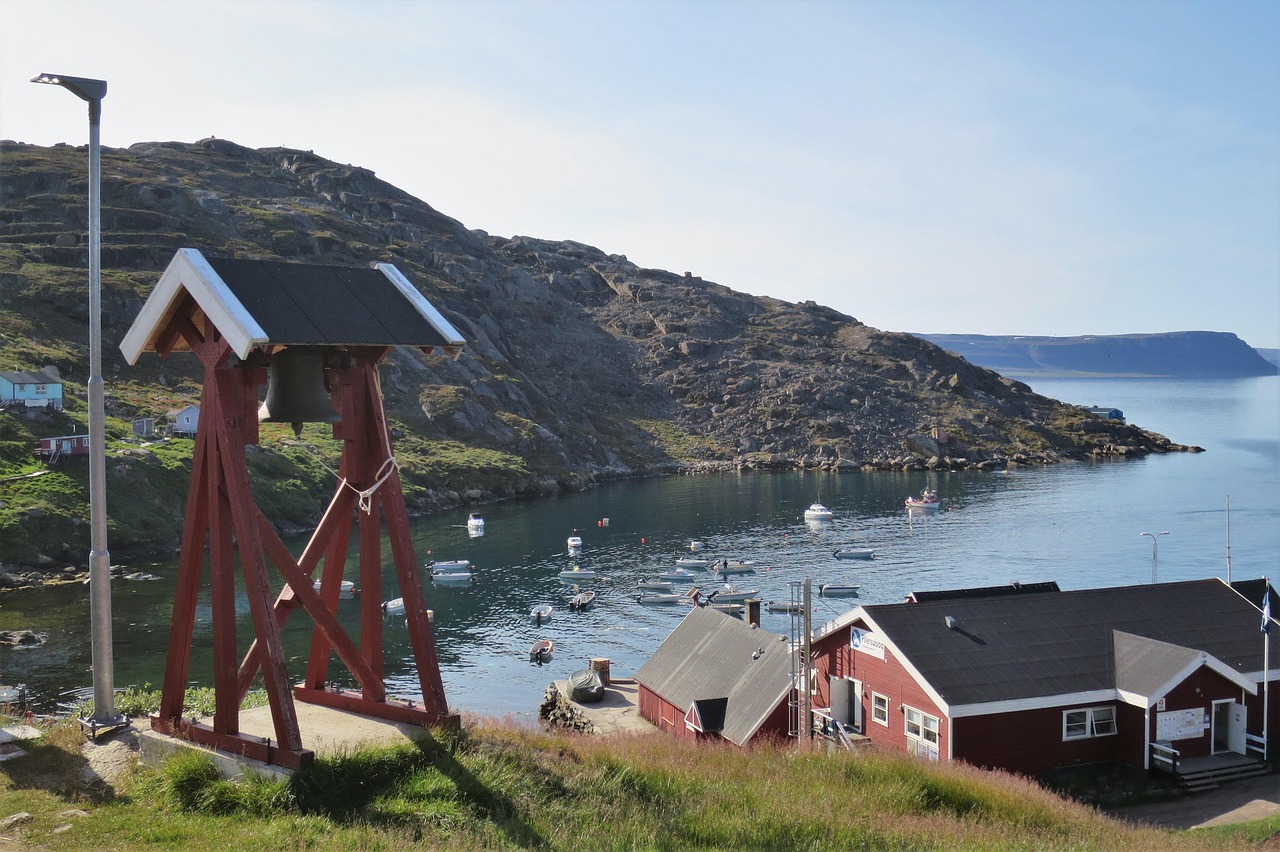
Media Statement on 11 March 2025 – ahead of the 2025 General Election in Greenland
“I would say the key issues at the elections in Greenland this year fall within three broad categories.
The first is a more general one, relating to everyday issues such as healthcare, education, employment and industry. The Greenlandic economy has long been overwhelmingly dependent on just one resource – fisheries – a sector in which a few large companies dominate. While the sector has proven lucrative to Greenland over the decades or even centuries, Greenlanders understand that developing greater economic and societal resilience requires greater economic diversification, which is why there has been a conscious effort to focus on sectors such as mining, tourism, infrastructure development, and export of ice and water. How these established and emerging sectors are developed, regulated and promoted is also a key issue in the election.
The second issue relates to Greenland’s relationship with Denmark, especially frustrations over Danish policies on reproductive rights, with Danish doctors fitting thousands of Inuit women and girls with intrauterine devices (IUD) as a form of forced contraception policy; cultural rights, with the removal of young Inuit children from their families in Greenland and their relocation to Denmark where they were given to Danish foster families entrusted to re-educate them and make little Danes out of them; and parental rights, with the use of Danish parenting competency tests which were culturally unsuitable for Greenlandic people and yet which were used time and time again to assess their competency as parents, resulting in the forced separation of children from their parents.
There is widespread frustration not just with these failed social experiments that have resulted in intergenerational trauma for many Greenlanders, but also with what is perceived to be Denmark’s exploitation of Greenland’s resources for its own economic gain, such as the turnover of £45 billion it was supposed to have earned from a cryolite mine in Greenland between 1854 and 1987. The latter is a particularly interesting case because after decades of Greenland being cast as economically dependent on Denmark that provides it with an annual block grant, it inverts the narrative and highlights how Denmark too has profited enormously from Greenland over the decades – not just in terms of significant economic gains, but also in relation to the geopolitical advantage it has enjoyed globally as a result. It is Greenland that gives Denmark a role in the Arctic and provides it with greater prominence in global affairs.
That said, the question of Greenlandic independence is not quite as straightforward as it might seem: while many Greenlanders may be frustrated with Denmark and seek independence, they may not share the same fervour for independence or advocate for it with the same urgency. Disagreements remain about if, when and how independence should be achieved, and what the future relationship between Greenland and Denmark should look like in each scenario – whether Greenland stays in the Kingdom or opts to leave. For some, Trump’s aggression is reason for Greenland to stay within the Kingdom, at least for the time-being even if for no other reason than a show of strength and exercise of negotiating power through unity. For others, the renewed global focus on Greenland presents an opportunity for Greenland to break free from Denmark and carve out a role for itself as an independent nation on the global stage.
This brings us to the third issue, which relates to resurgent foreign interest in Greenland, especially Trump’s obsessive interest with acquiring the country by any means necessary, how his rhetoric is eroding trust in a country that has long been very positively disposed towards the US, and how Greenland has had to introduce a ban on foreign political funding to places checks on the sudden revival of foreign interest and foreign influence in Greenland at the time of its elections. It is important to point out here that Trump is right to see Greenland as representing a significant opportunity and vulnerability for the US, but the more effective way to overcome any vulnerabilities and harness any opportunities is by cultivating trust and goodwill with the people of Greenland and encouraging US investment in the various emerging sectors of the Greenlandic economy, all of which Greenland has repeatedly said it would welcome. Talk of annexation hurts more than it helps.
With respect to this election, of course this issue matters enormously as voters will want to bring in a government capable of championing the voices, concerns, interests and aspirations of Greenlanders confidently and effectively at a table where great powers seem to be more than happy to regress to an era where mere might is right.”